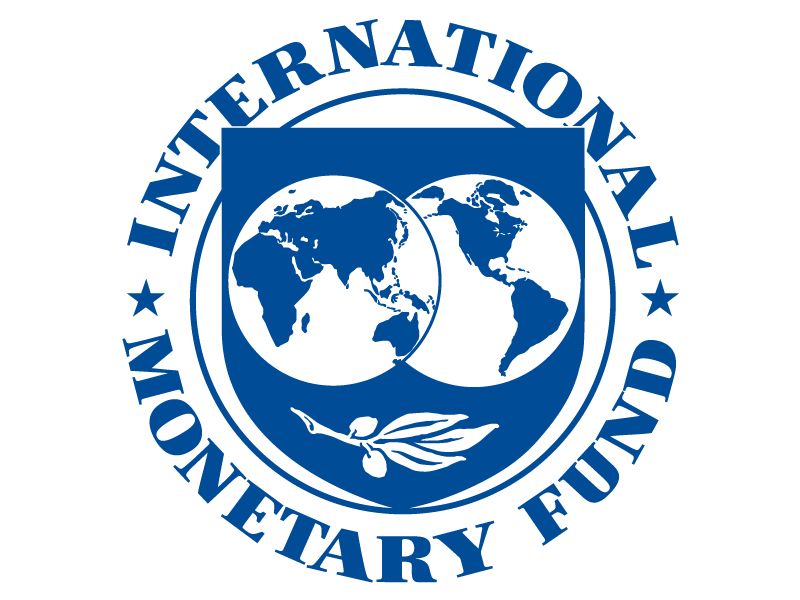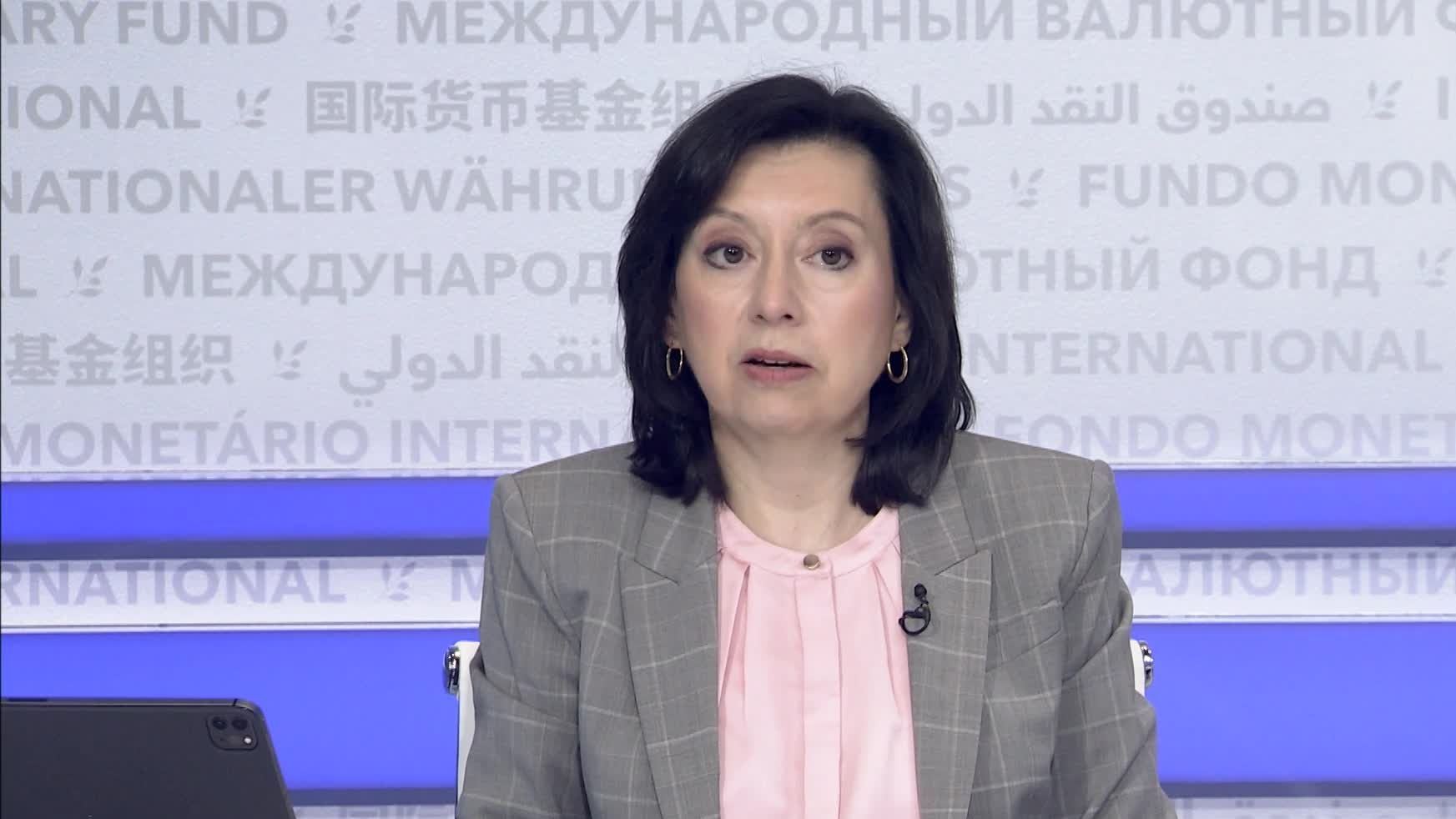The IMF noted that uncertainty and trade tensions are making global growth difficult to forecast but there have been some positive developments, a spokesperson for the Fund said Thursday, (June 12) in Washington, D.C.
“So, just going back to say the announcements of the, trade deals that have lowered tariffs, particularly the ones between the U.S. and China and the US, in the UK, those could be supportive or a bit more positive for economic activity going forward. But the overall picture is both complicated, for the reasons that I mentioned. We have seen some front loading in the first quarter. Some of that seems, perhaps to be, unwinding in more recent indicators. And we also, of course, have to remember that we are in an environment of very high uncertainty, and uncertainty in general tends to, to, you know, dampen economic activity. So the overall picture is quite complex. And so we will take all of these factors into account as we move forward with our, forecast in, in July,” IMF spokesperson Julie Kozack told reporters at her regular press briefing.
The IMF will publish it’s next update to its global growth forecast, the World Economic Outlook report, in July.
Kozack also noted that Ukraine’s economy has been resilient and the government’s commitment to reform steady in the face of ongoing Russian military operations, now in their third year.
“Ukraine's economy has remained resilient. Performance under the EFF has continued to be strong despite very challenging circumstances. The authorities met all of their quantitative performance criteria and indicative targets and progress does continue on the structural agenda,” said Kozack.
Last month the IMF reached a staff level agreement with Ukraine that allows that country to access roughly 500 million USD in finance following the 8th review of it’s programme. That review will be considered by the IMF Executive Board “in coming weeks” Kozack noted.
Finally, the IMF realizes that Syria is making progress in rebuilding it’s economy after the toppling of the Assad regime, but the country will need concessional financing and technical assistance to secure a return to growth following years of internal fighting.
“Syria faces enormous challenges following years of conflict that have caused immense human suffering. And it's reduced the Syrian economy to a fraction of its former size. At the IMF, we're committed to supporting Syria in its efforts,” said Kozack.
“Based on the findings of the mission, IMF staff, in coordination with other partners, are developing a detailed roadmap for policy and capacity development priorities for key economic institutions. And then within the IMF mandate, this covers the Finance Ministry, the central bank and the statistics agency. So those would be the areas where we will be focusing in terms of the detailed roadmap on priorities, economic and capacity building priorities,” she continued.
“Syria, as we noted, will need substantial international assistance. We don't yet have a precise estimate of that assistance, but what I can say is this will also it will not only require concessional finance support, but also substantial capacity development support for the country,” Kozack told reporters.
A copy of the full transcript is available at IMF.org.

